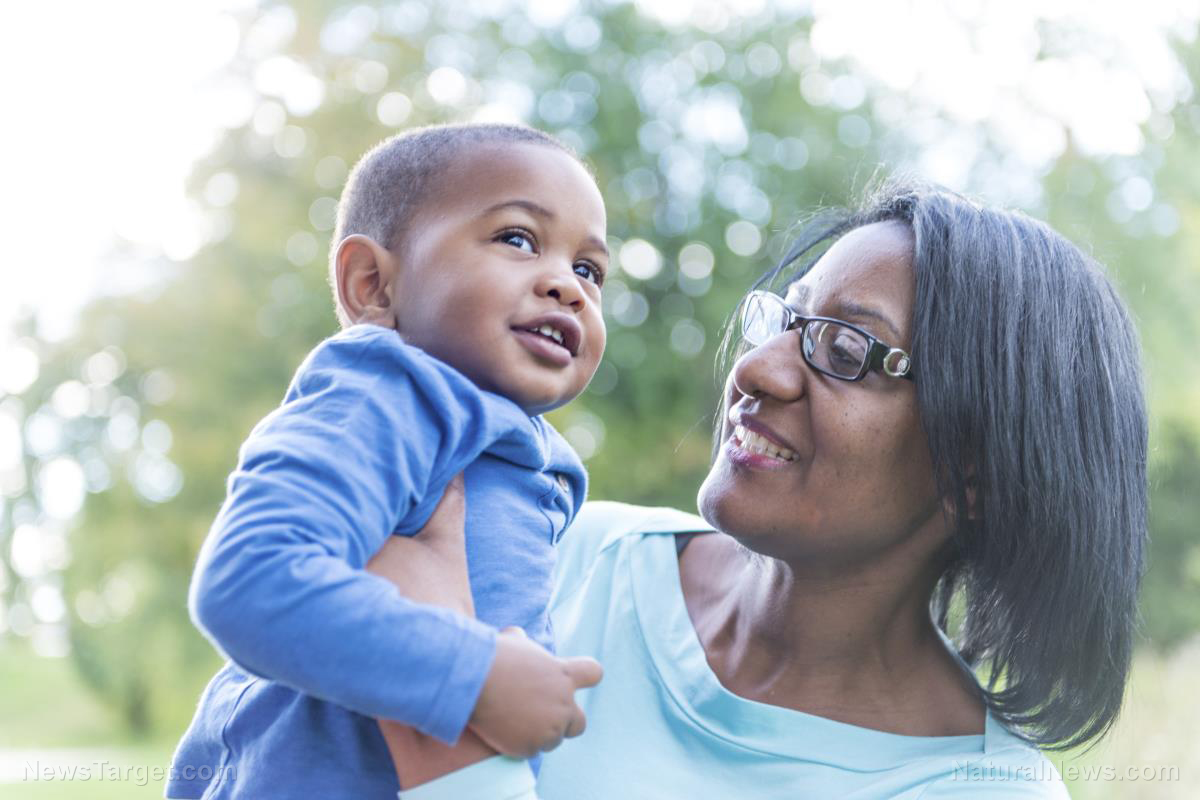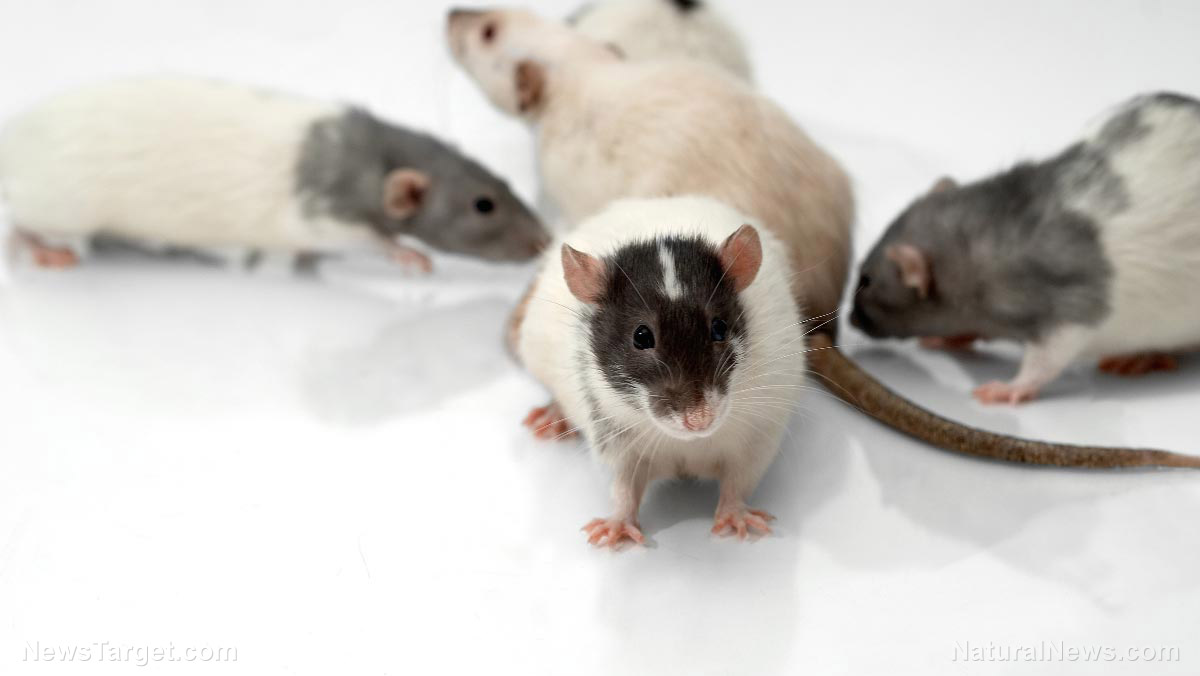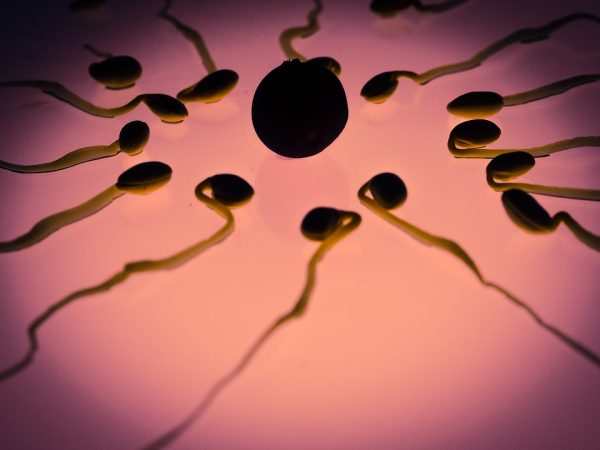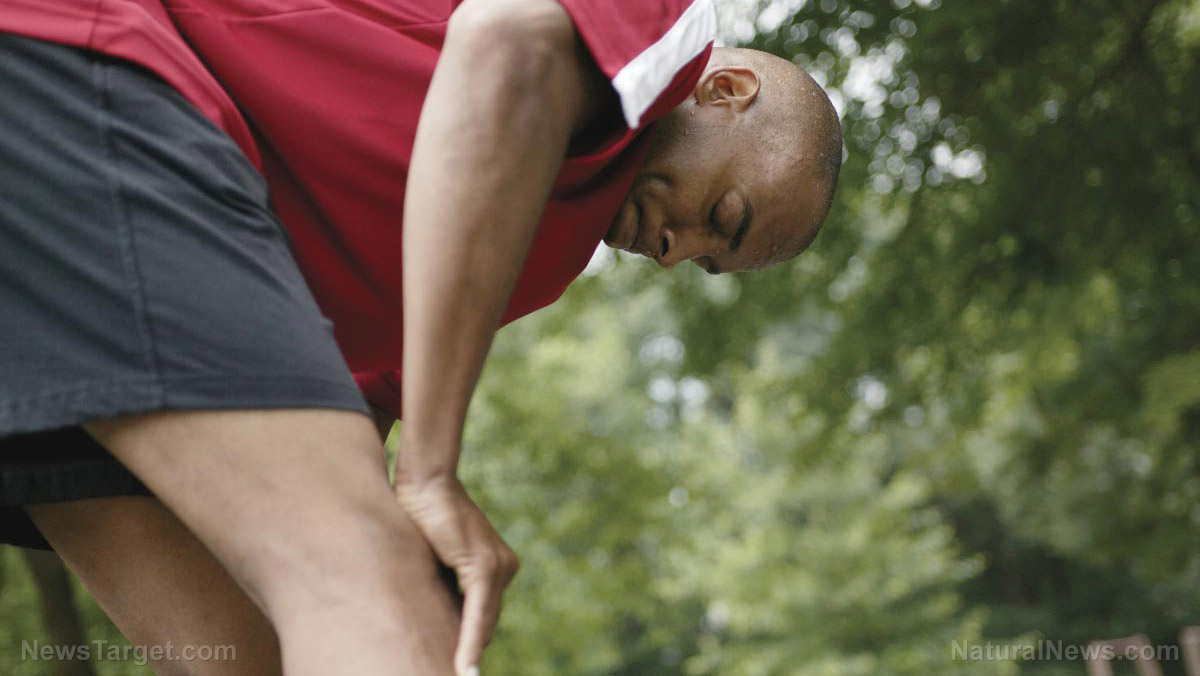The consensus view among psychiatrists and sociologists who have studied the issue of racism is that it’s a learned behavior; that no child is born to be racist, but that over time, as they get older, they are taught to believe certain things about people of certain ethnicities.
But two new studies claim that infants purposely and consciously exhibit signs of racism, even as young as 6 – 9 months – much sooner than was previously thought.
As reported by the UK’s Daily Mail, after several studies researchers say they have spotted infants demonstrating racial bias in favor of their own ethnicity and against those of other races.
Researchers say the reason why is because infants are overwhelmingly exposed to members of their own race, leading them to recommend that instead, infants should be introduced to others of a variety of races before beliefs are ingrained into their minds.
A pair of studies were undertaken by scientists and researchers at the Ontario Institute for Studies in Education (OISE) at the University of Toronto in Canada, and colleagues from the United States, the United Kingdom, China and France. They concluded that there indeed was a racial bias among infants (more on those findings in a moment). (RELATED: Psychiatry: The Real Roots Of Racism In America)
“The findings of these studies are significant for many reasons,” said Dr. Kang Lee, a professor at OISE’s Jackman Institute of Child Study, lead author of the studies and a Tier 1 Canada Research Chair. “The results show that race-based bias already exists around the second half of a child’s first year.”
The Daily Mail noted further:
During the first experiment, the team had infants from three to 10 months of age listened to music clips and then watched a sequence of videos depicting female adults with a neutral facial expression.
Babies participated in one of the four music-face combinations: happy music followed by own-race faces, sad music followed by own-race faces, happy music followed by other-race faces, and sad music followed by other-race faces.
The research team said they noted that babies six to nine months old looked longer at faces of their own race when paired with happy music as opposed to sad music. By comparison, the team said the babies stared longer at faces of other races when they were paired with sad music in comparison to happy music.
In a second study, researchers wanted to learn whether babies exhibited biases they learned from adults of their own race versus adults of other races. They showed a group of infants aged six-to-eight months videos featuring a woman who looked at one of the four corners on the screen. In some of those videos, there appeared an image of an animal in the corner where the woman was looking, while in others an image of an animal appeared in a corner where the woman was not looking.
“The results showed that six to eight-month-old infants followed the gaze of members of their own race more than they followed the gaze of other-race individuals – suggesting infants are biased to learn information from own-race adults as opposed to other-race adults,” the Daily Mail reported.
The researchers said that early demonstrations of bias appear without having had negative interactions with members of other races.
While these studies appear to show that babies tend to favor those of their own race, they fall way short of proving that humans are genetically predisposed to being racist. The studies also did not appear to refute previous assertions made by sociologists and psychiatrists that actual racism is a learned condition – that kids at relatively young ages are taught by adults to view people of other ethnicities in a certain way, or to dislike or distrust them simply because they have a different skin color.
Consider all of the anti-white bias being demonstrated now by high-profile figures like politicians, entertainers, film stars, and musicians: It is folly to think that black and Hispanic kids are not influenced to then hold negative attitudes about white people as they grow up, despite how whites actually treat them. (RELATED: Obama once referred to U.S. as ‘racist society’ – biographer)
And for the record, these studies stand in direct contrast with a paper published in the Journal of Cognitive Neuroscience in the fall of 2012, in which a research team at UCLA concluded that there is no biological link to racism and that racism tendencies develop around the age of 14, and differently in people. Follow more news about racial intolerance at Intolerance.news.
J.D. Heyes is a senior writer for NaturalNews.com and NewsTarget.com, as well as editor of The National Sentinel.
Sources:
DailyMail.com
MITPressJournals.org
NaturalNews.com
We will respect your inbox and privacy




















